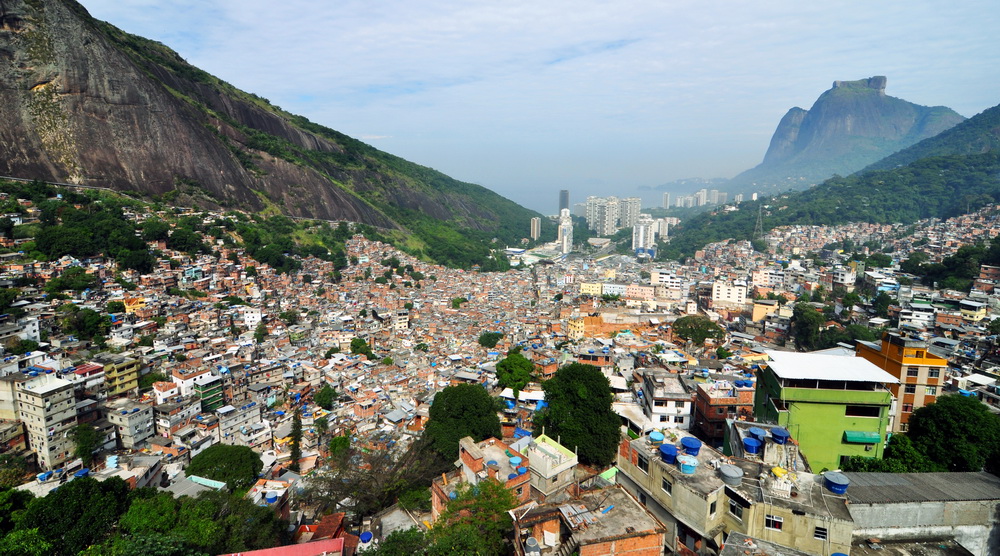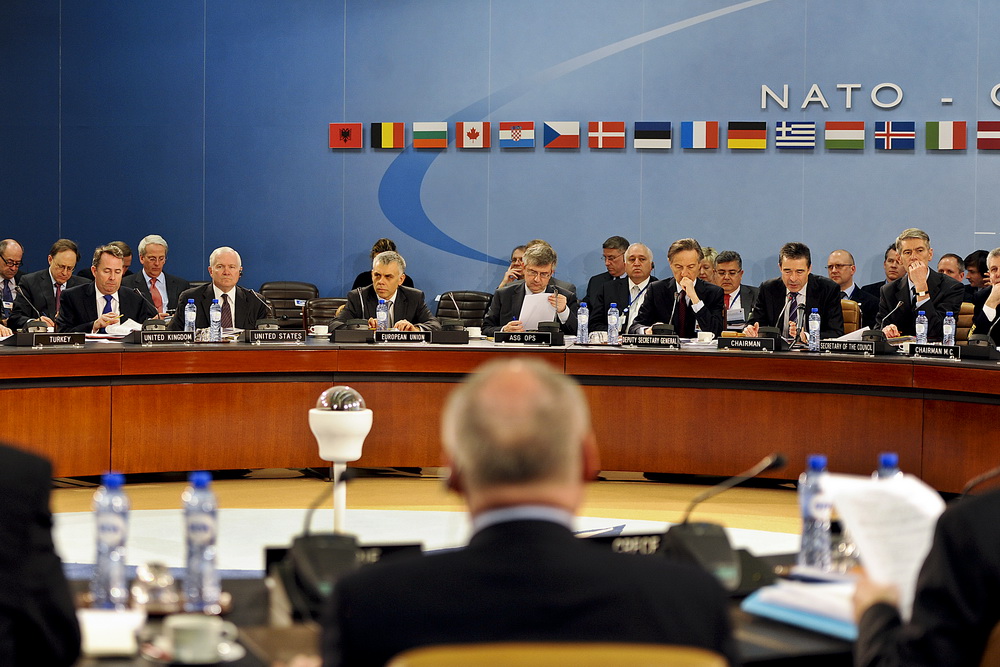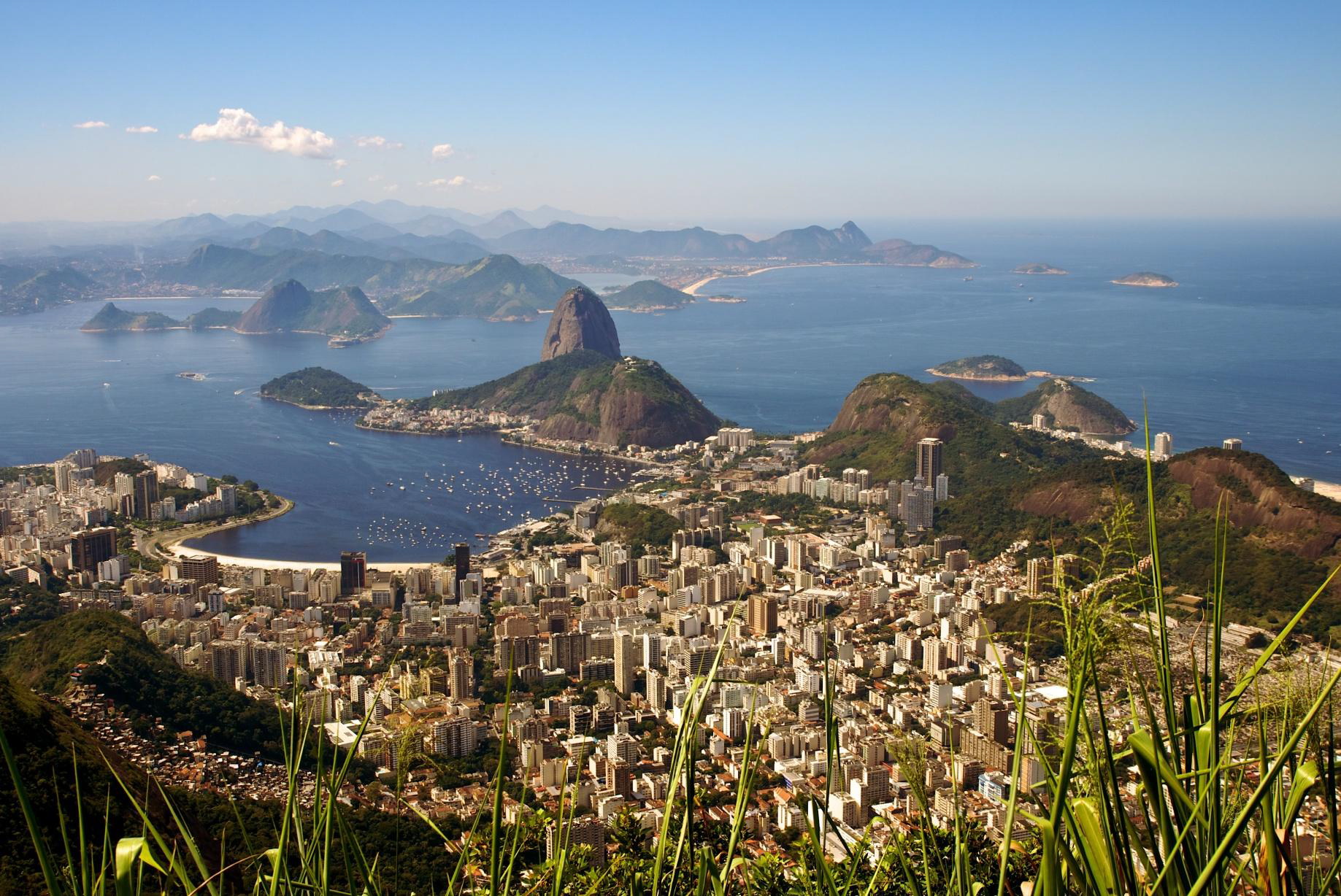Why Leave won and what’s next for the UK1
Brexiteers could not have dreamed of a more propitious Zeitgeist for their campaign: the recent Euro crisis, the hasten influx of refugees and migrants, the Islamic State’s attacks in Paris and Brussels, the March 2016 EU-Turkish deal on conditional visa-free allowances, the Prime Minister’s father’s involvement in the Panama Papers affair, and the Chancellor of the Exchequer’s withdrawal of some of his key proposals from the UK budget.
READ MORE










